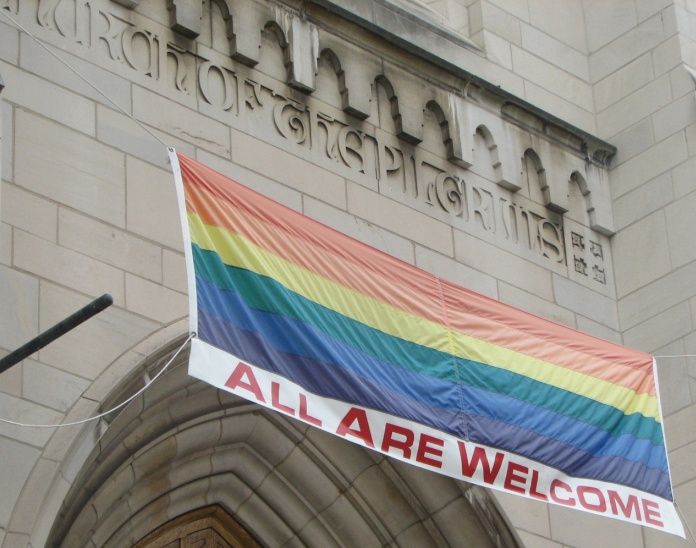On the occasion of the International Day Against Homophobia, Transphobia and Biphobia, Denmark can be proud of its legal and policy practices for LGBTI (Lesbian, Gays, Bisexual, Trans and Intersex) people, which have been rated as the second best in Europe by a new report.
With a score of 76/100, Denmark was ranked equal second with Belgium, trailing only Malta on a ranking of 49 European countries compiled by ILGA-Europe, an independent organisation working for LGBTI rights.
Denmark’s ranking since last year has improved thanks to its new equality action plan, which includes definite measures on gender identity and sexual orientation.
74 different criteria
ILGA-Europe analysed the laws and policies of 49 countries using 74 criteria across seven themes: equality and non-discrimination; family; hate crime and hate speech; legal gender recognition; intersex bodily integrity; civil society space; and asylum.
Denmark fell short in the area of legal gender recognition, where ILGA-Europe would like to see more age restrictions removed and more flexibility in the gender recognition framework. Equal treatment for same-sex couples in relation to family reunification was also advised.
Malta topped the ranking with 89, and Iceland (71) and Finland (70) completed the top five.














